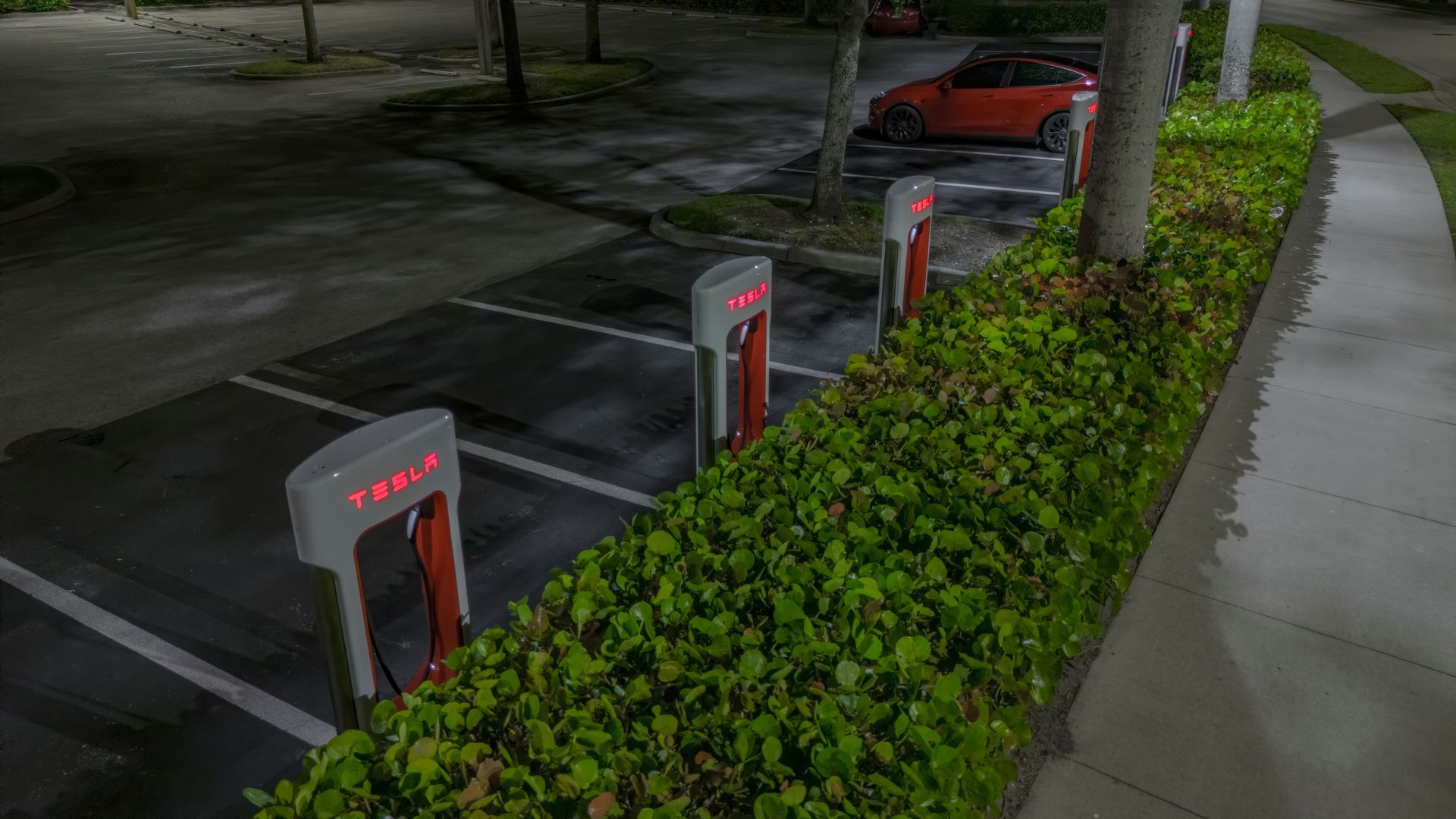
Blog Layout
From Protest to Terror: The Alarming Rise of Domestic Extremism in 2025
March 12, 2025

Recent ‘demonstrations’ against Elon Musk have underscored an unsettling phenomenon in modern political discourse: how rapidly fervent political involvement, activism, and passion can devolve into terrorism. The acts in question — setting Tesla charging stations on fire, vandalizing parked Teslas, and even detonating an improvised explosive device in a Tesla outside the Trump Hotel in Las Vegas — are not mere protests by any stretch but clear instances of domestic terrorism.
To start, let’s make one thing crystal clear: according to the Federal Bureau of Investigation (FBI), domestic terrorism is “violent, criminal acts committed by individuals and/or groups to further ideological goals stemming from domestic influences, such as those of a political, religious, social, racial, or environmental nature.” Armed with this definition, we can see why these incidents are a worrying sign of our times.
In a notable incident on March 7, a Tesla charging station in North Charleston was destroyed via arson. Eyewitnesses identified a White male in a gray jacket or hoodie wearing a black face mask. He reportedly spray-painted “F*** Trump, long live Ukraine” before hurling Molotov cocktails at the chargers, inadvertently setting his own clothing ablaze. This attack is part of a nationwide pattern of suspected arson against Tesla infrastructure, which has coincided with heightened backlash to Musk’s outspoken views on cutting government spending and the federal workforce. Authorities have opened a domestic terrorism investigation into the matter.
Mainstream media depictions of Elon Musk — and, by extension, former President Trump’s administration — often frame these figures as subverting democracy. This portrayal fuels political polarization and stokes violence, as seen in the Tesla charging station attacks, the detonation at the Trump Hotel in Las Vegas, and even an assassination attempt on President Trump in Butler, Pennsylvania.
Political echo chambers amplify existing beliefs in an era where the internet allows us to curate our own media ecosystems. Platforms that label opposing opinions as “fake news” or “trolls” enable individuals to further seal themselves off from dissenting ideas. In such insular spaces, discourse can rapidly escalate from “someone needs to stand up against X, Y, or Z” to “if you’re not taking action, you’re complicit.” This echo-chamber effect can transform political zealots into lone-wolf terrorists fueled by the reinforcement of extreme ideologies.
Healthy political debate and criticism are vital components of American democracy. When approached constructively, disagreements can foster understanding and progress. The country desperately needs not less contention but more thoughtful, open debate on polarizing issues. Avoiding difficult conversations only inflames distrust and resentment, feeding the cycle of radicalization.
Ultimately, the solution acknowledges that the line between activism and extremism can be disconcertingly thin. If Americans engage in genuine dialogue across ideological divides, there is a better chance of preventing those fueled by political passion from resorting to violence.
Ryan Parada is the Chief Government Affairs Officer for Connector where he oversees both domestic and international portfolios. He is a policy expert for our clients in numerous areas, including national security, energy, and the tobacco industry.